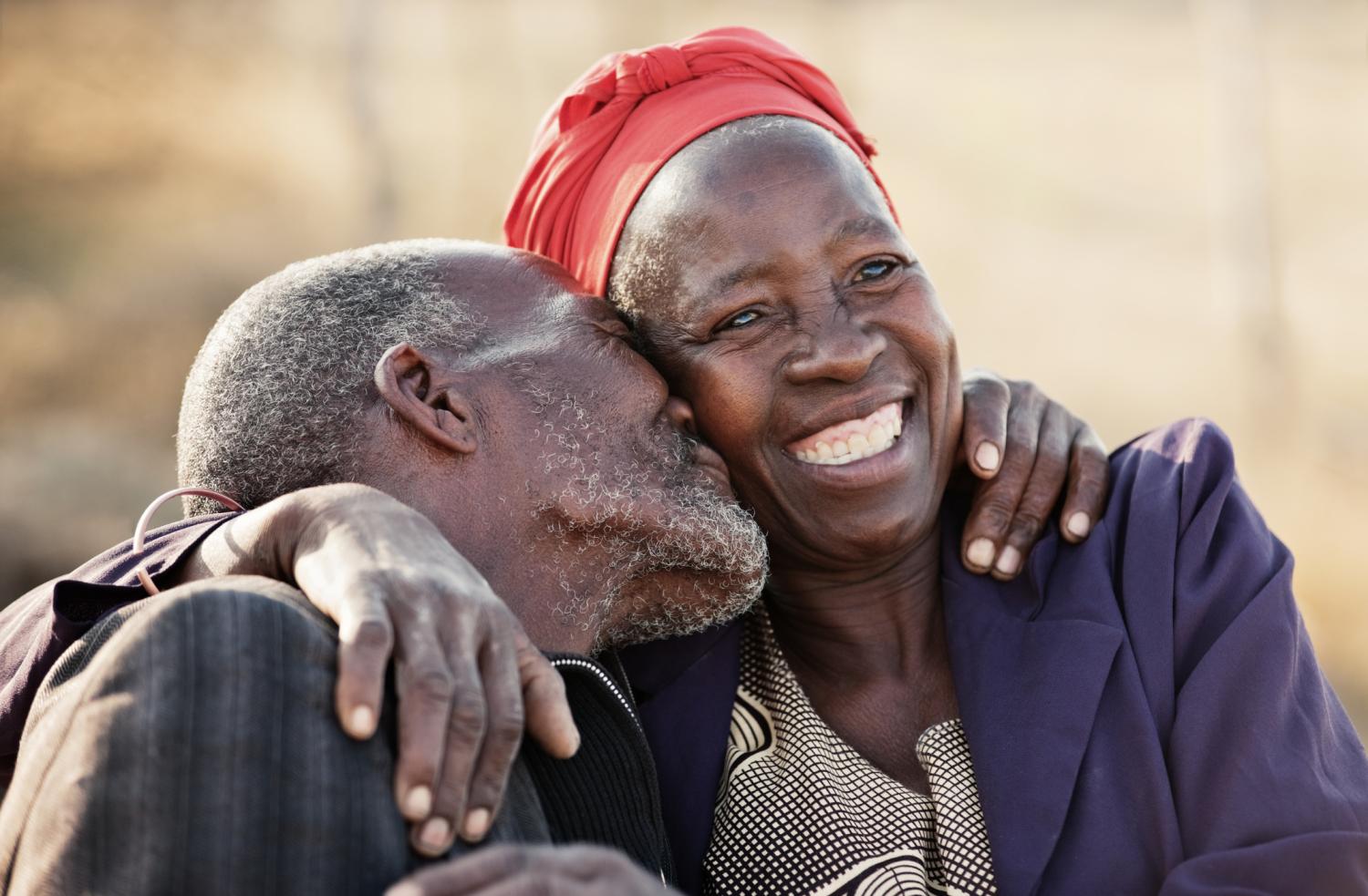For more than 100 years, American women have outlived American men, largely due to differences in rates of cardiovascular disease and lung cancer. Now COVID-19 has widened the gendered life expectancy gap, according to a research letter published yesterday in JAMA Internal Medicine.
The study was based on mortality data from the National Center for Health Statistics, and it compared life expectancy at birth between men and women from 2010 to 2021, divided by pre– and post–COVID-19 year, and cause-specific mortality.
Gap grew to almost 6 years
It's already been well-documented that the COVID-19 pandemic lowered life expectancy rates for all US adults, with expectancy at birth decreasing from 78.8 years in 2019 to 76.1 years in 2021.
In 2010, US women were expected to live 4.8 years longer than male counterparts, but by 2021 that gap increased to 5.8 years. From 2010 to 2019, the gender life expectancy gap increase by only 0.23 years. From 2019 and 2021 it increased by 0.70 years.
"From 2019 to 2021, COVID-19 became the leading contributor to the widening gender life expectancy gap (−0.33 years [39.8%]) followed by unintentional injuries (−0.27 years [32.5%]," the authors wrote. From 2010 to 2019, the gender mortality gap was caused by unintentional injuries, diabetes, suicide, homicide, and heart disease.
Men have more comorbidities
The absolute difference in age-adjusted death rates between men and women increased from 252 to 315 per 100,000 from 2010 to 2021, the authors found.
Men experiences higher mortality rate from COVID-19 for many reasons, mostly because they carry a higher burden of comorbidities that make them susceptible to severe COVID, the authors note. Men also experience more socioeconomic factors, including incarceration and homelessness, that have been linked to COVID-19 deaths.
We need to track these trends closely as the pandemic recedes.
"Differentially worsening mortality from diabetes, heart disease, homicide, and suicide suggest that chronic metabolic disease and mental illness may also contribute," the authors said.
They also note that increasing deaths of despair among men spotlight the contributions that drug use and firearms make in the gendered age gap.
In a University of California - San Francisco press release, senior author Howard Koh, MD, MPH, of the Harvard T.H. Chan School of Public Health, said, "We need to track these trends closely as the pandemic recedes. And we must make significant investments in prevention and care to ensure that this widening disparity, among many others, do not become entrenched."




















